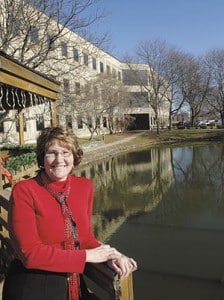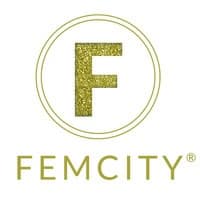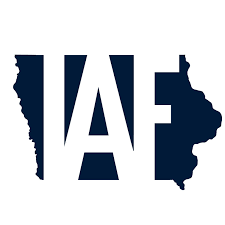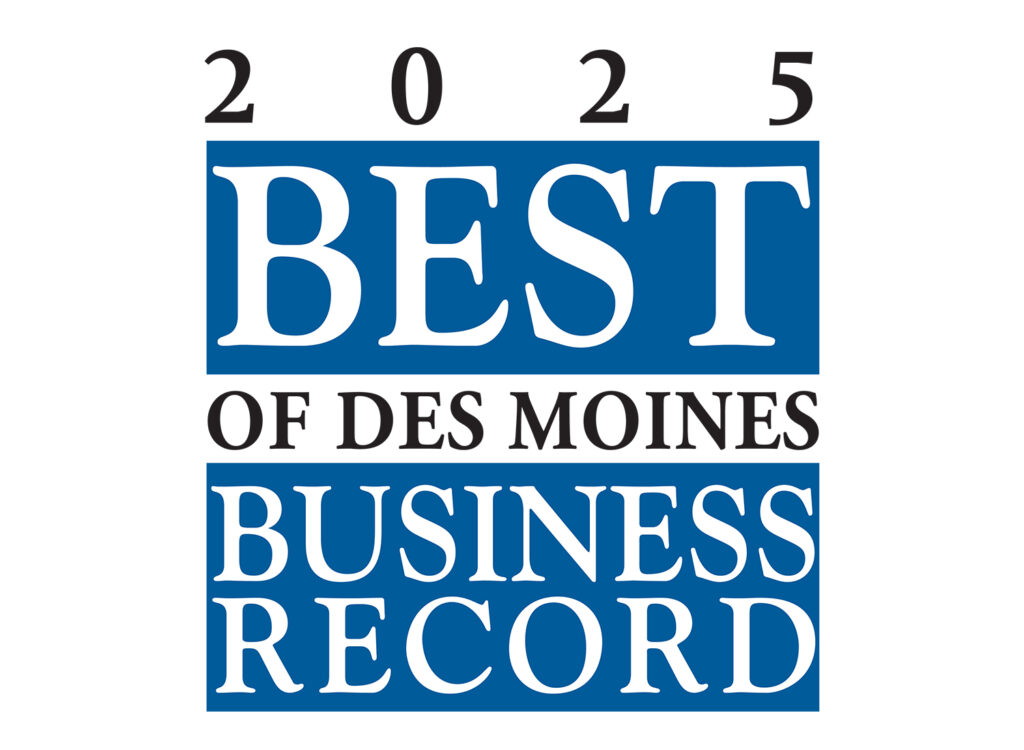Building a room with a view to the future
Business donations help Link Associates expand vocational training

Four walls, plain with the exception of a coat of white paint, and a big window that looks over a pond create a view of the future for the mentally disabled clients at Link Associates.
It is the type of room that can inspire big thoughts in Linda Dunshee, who has been executive director of the West Des Moines nonprofit group for the past 18 years.
Link Associates is a 56-year-old nonprofit organization that helps people with varying degrees of mental disabilities to acquire the skills necessary to hold a job, plan a vacation and live a life with as few limitations as possible. Ask the simple question around town of which nonprofits are most admired for what they achieve with generally meager resources, and Link Associates is a frequent response.
Even so, to get funding for its new building on in the office complex just east of Valley West Mall, was no easy task.
Link had to compete with a plethora of worthy organziations that depend, at least in part, on contributions from individuals and businesses. When Link launched a campaign in 2009 to raise the money necessary to acquire space for its West Des Moines administrative offices and training programs, “many of the donors didn’t have any idea who we were,” Dunshee said.
Non-profit groups depend on the generosity of donors, but donors sometimes wonder how to evaluate the effectiveness and financial responsibility of charities.
Walt Mozdzer, certified financial planner with Syverson Strege and Company Inc., said his company does not rate charities based on certain measures, other organizations do that. But Mozdzer does have advice about how to determine where to donate. He encourages people to give to organizations that they feel passionately about, typically based on some life experience.
When Dunshee was seeking money for Link, one potential donor remarked that his company would not have considered contributing to the campaign based on what little was known about the organization. When he became aware of other donors who had already vetted Link, then his company made a contribution.
When another donor remarked that he wasn’t sure he could get involved, Dunshee said she replied, “ ‘Too bad, because I was going to invite you over for meatloaf,’ as though the rest of his day really depended on it.”
The National Center for Charitable Statistics lists 1,000 nonprofits that are based in Polk County alone. Of those, 100 fall under the broad category of human services organizations.
And Link also is in crowded company in the state. The Iowa Association of Community Providers is composed of more than 135 community-based organizations that provide licensed and accredited services to children and adults with mental illness and mental health-related issues, intellectual disabilities, brain injuries and other developmental disabilities.
All told, those organizations serve more than 100,000 people with disabilities, employ more than 20,000 people and pump about $1 billion into the Iowa economy.
However, Link has received special recognition out of all of those, receiving the Nonprofit Spotlight award in 2011 during the annual Iowa Nonprofit Summit. The awards are given by a committee made up of the Iowa Department of Cultural Affairs, the Iowa Council of Foundations, United Ways of Iowa, Grants Enterprise Management System, the Larned A. Waterman Iowa Nonprofit Resource Center, the Iowa Commission on Volunteer Service and Iowa Campus Compact.
Mike Tousley of The Weitz Co. spearheaded the campaign, but it was Dunshee who did much of the leg work, presenting the organization’s financials and pitching the case for the need to move into a building that was “not so industrial” as the warehouse it had been located in.
The campaign raised about $2.4 million, some of it donated in pennies by Link Associates’ consumers, some of it larger donations from a long list of Greater Des Moines philanthropists. Prairie Meadows Racetrack and Casino kicked in $500,000.
In October 2011, Link bought its new, 57,000-square-foot headquarters building for $1.9 million and spent $1.6 million on renovations.
Since then, management at Casey’s General Stores Inc. found out that Dunshee wanted to expand vocational training opportunities for Link’s consumers. The company decided to help her out with appliances and the basic ingredients of the foods they prepare in their stores. Dunshee envisions a time when the small-scale convenience store at Link will cater to the needs of nearby businesses.
The Link Casey’s will be a full-service convenence store, with the exception of fuel.
Economy on the mend: A time for giving
As the economy improves, businesses and individuals are regaining flexibility in their budgets to give.
In 2012, 44 percent of nonprofit organizations reported an increase in corporate donations, and 50 percent saw an increase in individual donations from the year before, according to a Community Foundation of Greater Des Moines survey. The Community Foundation works with local businesses and philanthropists to find new ways to increase donations, said Kristi Knous, the foundation’s president.
“We like to say that we offer a corporate suite of giving services and try to serve as a resource,” Knous said. “Some companies are just starting to talk about starting a fund at the Community Foundation. The nice thing about a fund is that in the ‘good years’ they can give more and in the ‘bad years’ they can give less.”
So as the year winds to an end and tax season draws closer, the Community Foundation has a list of ways to give:
Specific charitable funds: For example, Neumann Bros. Inc., in celebration of its 100th anniversary, donated $100,000 to establish a fund at the Community Foundation that will specifically support capital campaigns for nonprofit organizations within Greater Des Moines.
Gifts of land: During the last year, three donors have opted to give gifts of large parcels of land instead of capital. The Community Foundation sells the land and puts the proceeds into a charitable fund. Knous said people also donate titles to vacation homes or automobiles. Individual donors generally hold more assets than they do cash.
Scholarships: Companies can set up a scholarship fund to benefit the children of their employees or students who plan to study a specific field, such as finance, which will eventually feed into their work forces. “That’s a really smart investment,” Knous said.
Giving Cards: Businesses and individuals can purchase and personalize Giving Cards to promote charitable giving. The recipient of the card can make a donation to any 501(c)(3) charitable organization while those who purchase the cards can receive a tax deduction.
Businesses and individuals that donate to the Community Foundation are also eligible to receive Endow Iowa Tax Credits, a 25 percent tax credit, in addition to federal deductions.
– Chelsea Keenan
Charitable gift annuities Good for the donor and the charity
Nonprofits need income security, and one way of achieving that is through charitable gift annuities, a perpetual form of giving that benefits the charity and the donor.
“Experts say that if a charity doesn’t receive 20 percent of its funding from perennial gifts, it won’t be around beyond 2025,” said Walt Mozdzer,a certified financial planner with West Des Moines-based Syverson Strege & Co. Inc., a fee-only financial planning company.
A subsidiary of Syverson Strege is the Charitable Giving Resource Center LLC, which assists nonprofits in structuring their organizations as well as helping individuals who want to make philanthropic giving a part of their financial plans.
The program works like this: A donor establishes an irrevocable gift of cash or marketable securities to a nonprofit or a cause. A portion of that gift is designated for return as an income payment to a specified recipient. The recipient can be the individual donor or another person.
Mozdzer said the income, which can be scheduled as a monthly, quarterly or annual payment, can pay a better return than might be realized with traditional investments. The rate of return, or interest, is established by the American Council on Gift Annuities.
The donor also receives a charitable income tax deduction for a portion of the value of the donated asset that is equal to the fair market value of the donated property minus the value of the income payments. In addition, the donated asset is no longer included in estate tax calculations.
These organizations participate in charitable gift annuity programs:
• Lincoln High School
• North High School
• Buena Vista Regional Healthcare Foundation
• Youth Shelter and Services
• Civic Center of Greater Des Moines
• Link Associates
• South Central Iowa Community Foundation, which serves Clarke, Decatur, Lucas, Ringgold and Union counties
• Community Foundation of Greater Des Moines, which serves 30 affiliate foundations in Iowa
• Community Foundation of Greater Des Moines also serves a number of local nonprofits that are not affiliated with the organization, including the Des Moines public school system, Hope Ministries and Meals from the Heartland.
Liquidate for charity
Another form of giving that has caught Mozdzer’s attention is an online resource operated by iDonate LLC. The idea is to convert hard assets, some might call it hard junk, into cash donations.
It is estimated that roughly 80 percent of an individual’s wealth is held in non-cash assets, with about 10 to 15 percent of that amount given to charities.
The iDonate website works for donors and nonprofits. A charity can use it to manage a campaign, for example. Donors can use it to designate a charity and supply items such as cellphones, computers, cars and appliances, which iDonate sells, then returns the proceeds to the designated charity.
Non profits at a glance: Human Services
Click here to view chart











